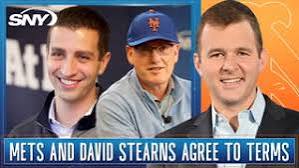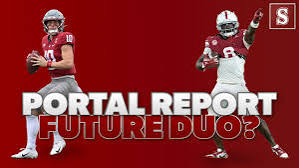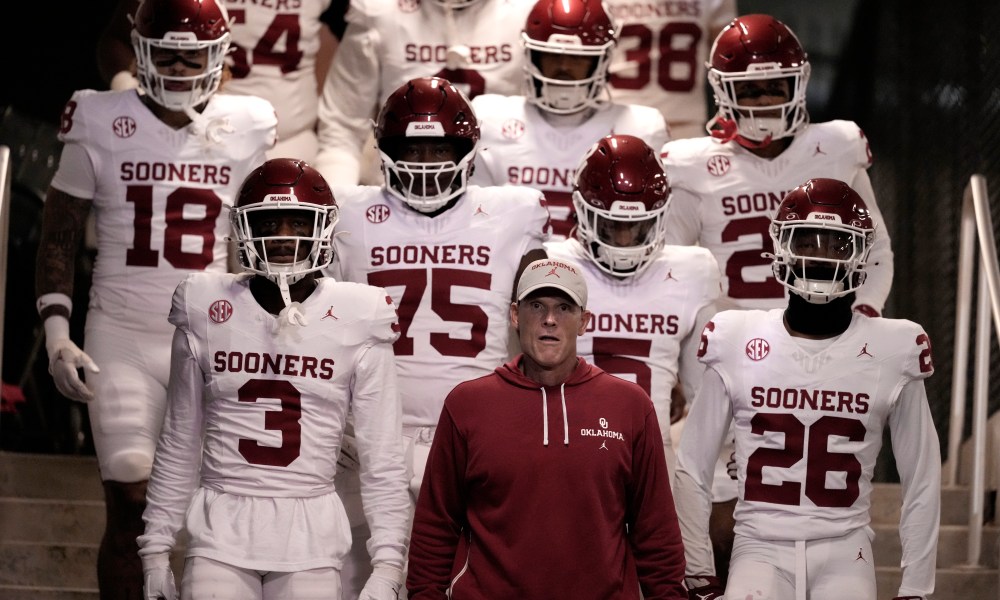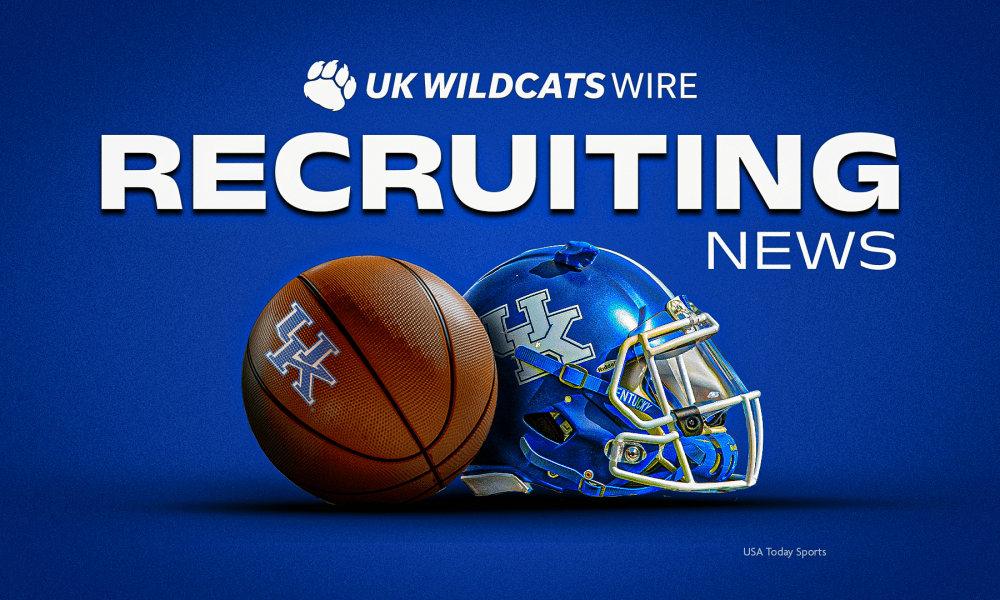David Stearns, appointed as the New York Mets’ President of Baseball Operations, has made clear his focus on team improvement, yet his actions suggest a lack of trust in the farm system he inherited. The signs are evident through his high-profile moves to address immediate team needs and his minimal emphasis on nurturing the minor leagues.
First, Stearns’ aggressive trade strategy reveals his prioritization of short-term fixes over long-term development. For instance, his quick actions to overhaul the Mets’ bullpen with external acquisitions underscore his desire to rapidly improve a struggling unit rather than relying on internal options from the farm system. This approach was further emphasized when the Mets had a glaring lack of credible bullpen arms to call upon from their minor league affiliates. Stearns’ actions suggest he feels the need to secure proven talent instead of giving opportunities to unproven prospects who might take longer to develop.
Second, the Mets’ lack of trust in homegrown talent is also visible in their offseason signings. With several minor league players struggling to make an impact, Stearns focused heavily on high-profile free-agent signings and trades rather than developing internal depth. This pattern shows a preference for ready-made solutions rather than investing in farm system players who might not be ready for big-league competition immediately.
Finally, the team’s bullpen overhaul also hints at a lack of faith in the Mets’ developmental pipeline. Even though there are a few promising arms in the farm system, such as Bryce Montes de Oca and Paul Gervase, Stearns has opted for immediate fixes, illustrating skepticism regarding the Mets’ ability to develop reliable pitchers.
While Stearns has had successes in revamping the Mets’ roster and making swift, decisive moves, his actions suggest that he is not yet convinced that the farm system can provide the immediate solutions the Mets need. This approach might help in the short term, but it raises questions about the long-term strategy for nurturing homegrown talent within the organization.
2) The acquisition of Jose Siri practically eliminates Drew Gilbert from being on the Opening Day roster
No, Drew Gilbert will not be competing for an Opening Day roster spot in any seriousness. The recent trade for Jose Siri assures us a preference for veterans over young up and coming kids. It’s probably for the best because if the Mets don’t have a backup plan for Gilbert, they’re in deep trouble.
Gilbert never got his full year in Triple-A which has become a must for many of the Mets youngsters. In particular, the position players are getting a lot of time to develop in Syracuse these past years. When are they going to rename that stadium after Mark Vientos?
This doesn’t suggest Stearns is low on Gilbert as greatly as his actions with Acuna hint at. The 24-year-old outfielder played only 56 games in Triple-A last season and hit .215. In fact, he has only 189 total minor league games of experience. He’ll get his shot in the sun, just not yet.
The Siri trade doubles down on eliminating any thought fans may have had of Acuna moving into center field immediately. Jett Williams is affected in a more minor capacity. He’s a little further from the big leagues than Gilbert with fewer candles on his birthday cakes and less playing time as a professional. It would take a monster year in the minors plus injury in the majors for him to come up.












Leave a Reply